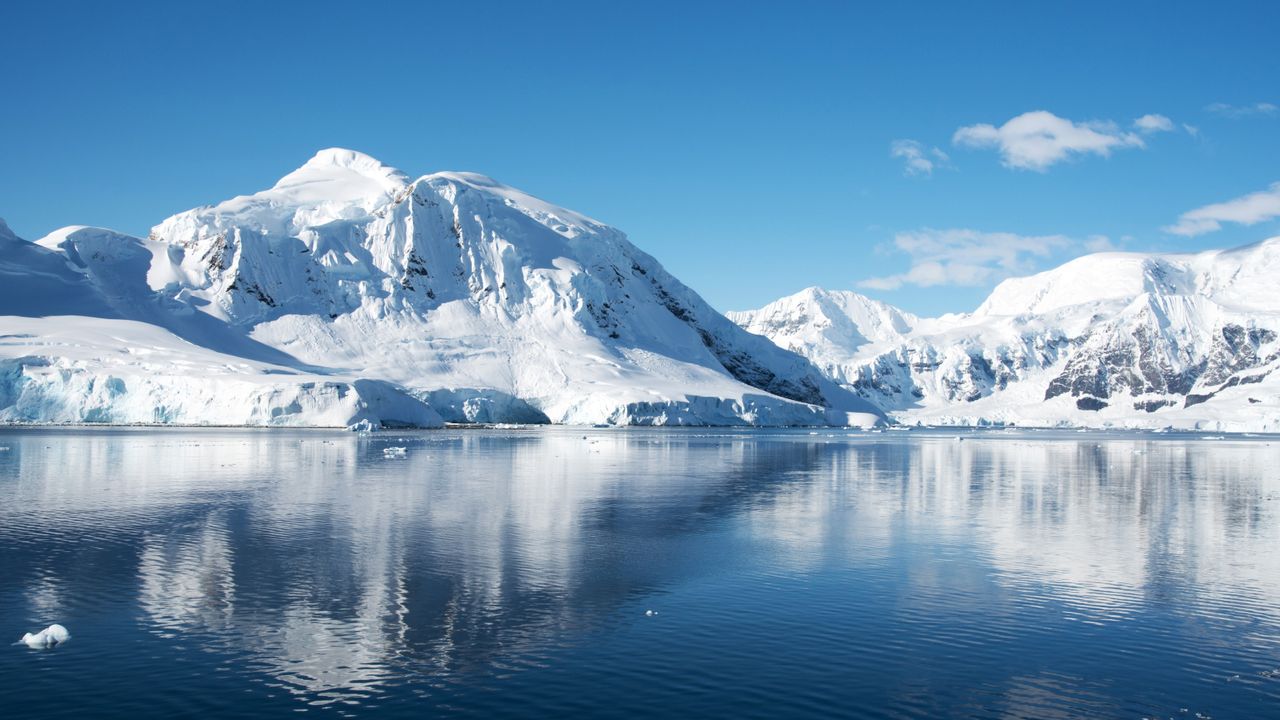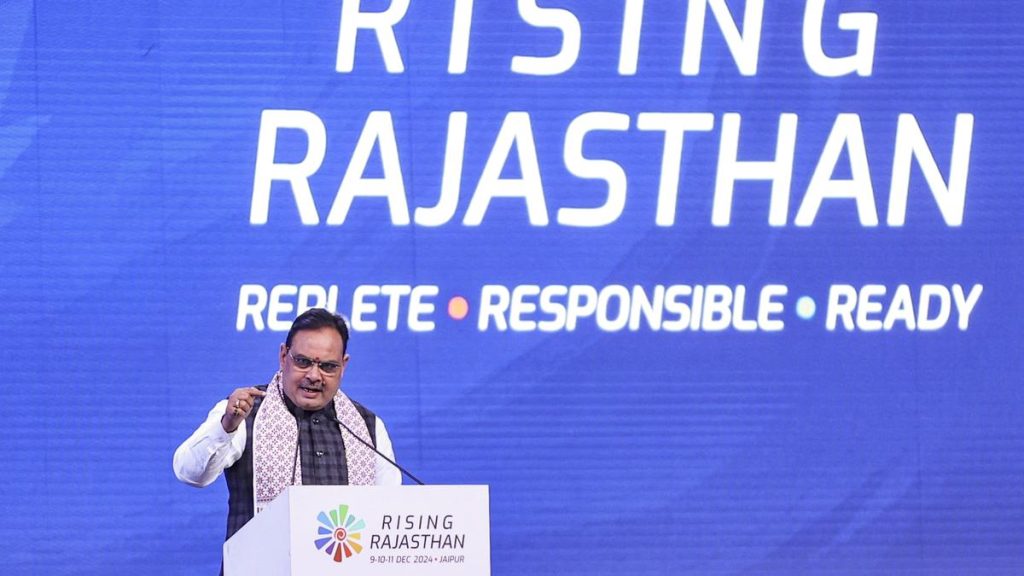Now Reading: Antarctica’s Rapid Shifts Set to Impact Future Generations Globally
-
01
Antarctica’s Rapid Shifts Set to Impact Future Generations Globally
Antarctica’s Rapid Shifts Set to Impact Future Generations Globally

Speedy Summary
- Antarctica is undergoing abrupt environmental changes such as rapid sea ice loss, faster melting ice shelves, and slowing vital ocean currents.
- Sea ice around Antarctica has been shrinking at double the rate of Arctic sea ice sence 2014, leading to cascading effects on global warming and habitat destruction for species like emperor penguins.
- The West Antarctic Ice Sheet has seen a sixfold increase in ice loss as the 1990s, raising concerns over global sea-level rise and potential tipping points.
- Vital Southern Ocean currents regulating EarthS climate are slowing due to melting Antarctic ice, which could reduce oxygen and nutrient distribution critical for marine ecosystems.
- Ecosystems in Antarctica face disruption due to unreliable ice conditions and invasive species introduced by human activities; conservation efforts under the Antarctic Treaty exist but are insufficient without global greenhouse gas reductions.
- Scientists emphasize that decades of unchecked greenhouse emissions have accelerated these changes and call for urgent action to limit warming below 1.5°C to avoid irreversible impacts.
Indian Opinion Analysis
Antarctica’s abrupt environmental shifts may significantly impact India’s coastal regions and agricultural stability through rising sea levels and intensifying climate variability. India, with its densely populated coastline hosting around 170 million people, faces heightened risks from flooding and land erosion consequently of accelerated polar melting contributing to global water level rise.
in addition, disruptions in oceanic circulation systems like the Antarctic Overturning Circulation could unevenly impact monsoon patterns crucial for India’s agriculture-dependent economy-possibly worsening food security challenges amidst wider climate uncertainties.While India is committed under agreements such as COP21 towards reducing emissions,this article underscores the urgency of bolstering adaptation strategies alongside mitigation efforts at national policy levels-especially regarding disaster preparedness along vulnerable coastlines.
The preservation of polar ecosystems entails broader collaborations across nations within frameworks like Paris Agreement targets. For India specifically-a country balancing structural advancement with environmental sustainability-the cascading consequences from polar regions highlight why globally coordinated action remains crucial now more than ever.



























